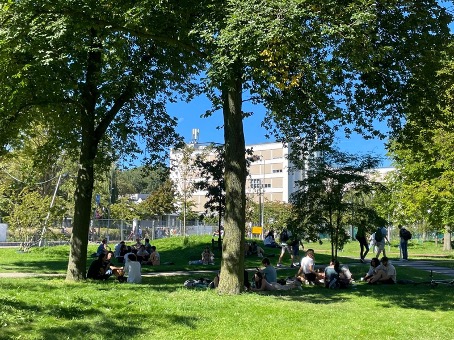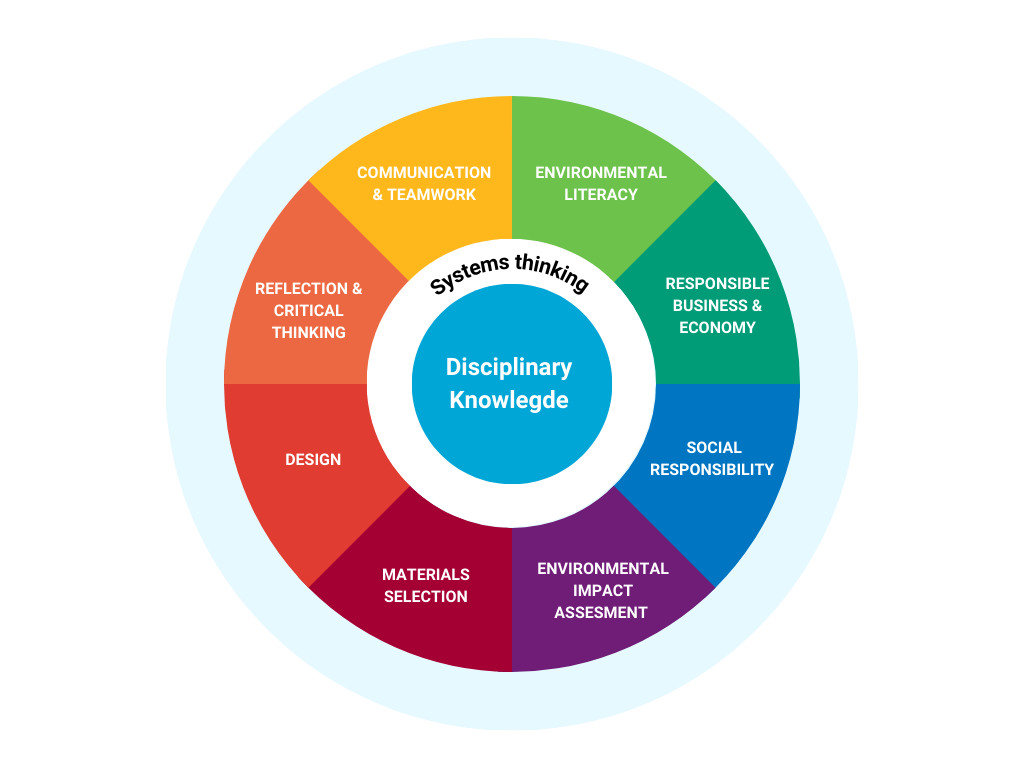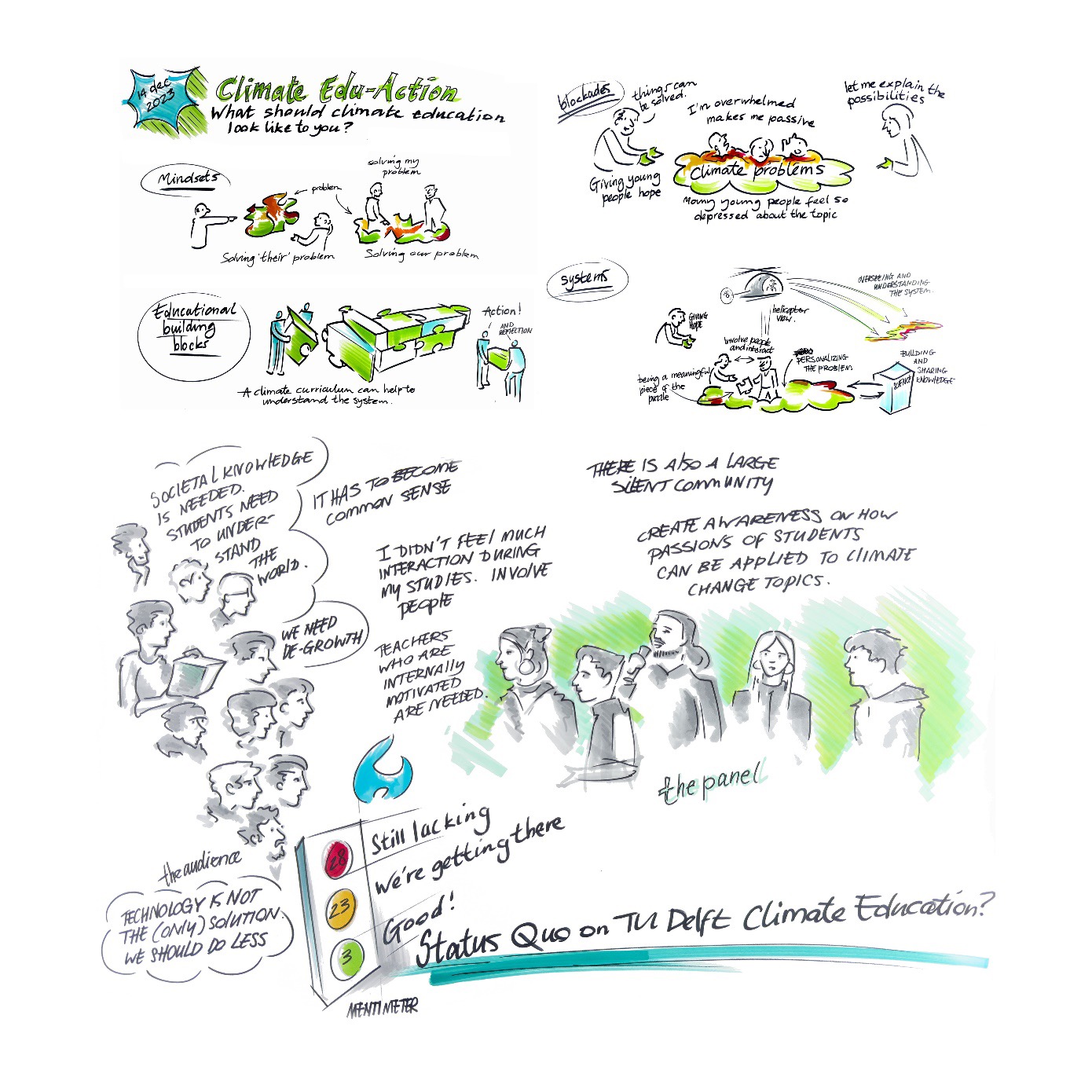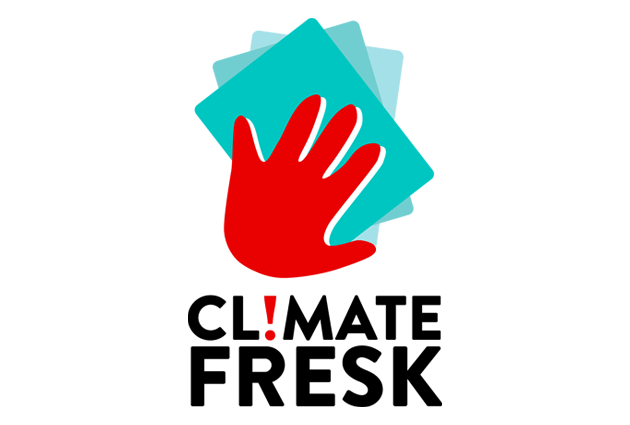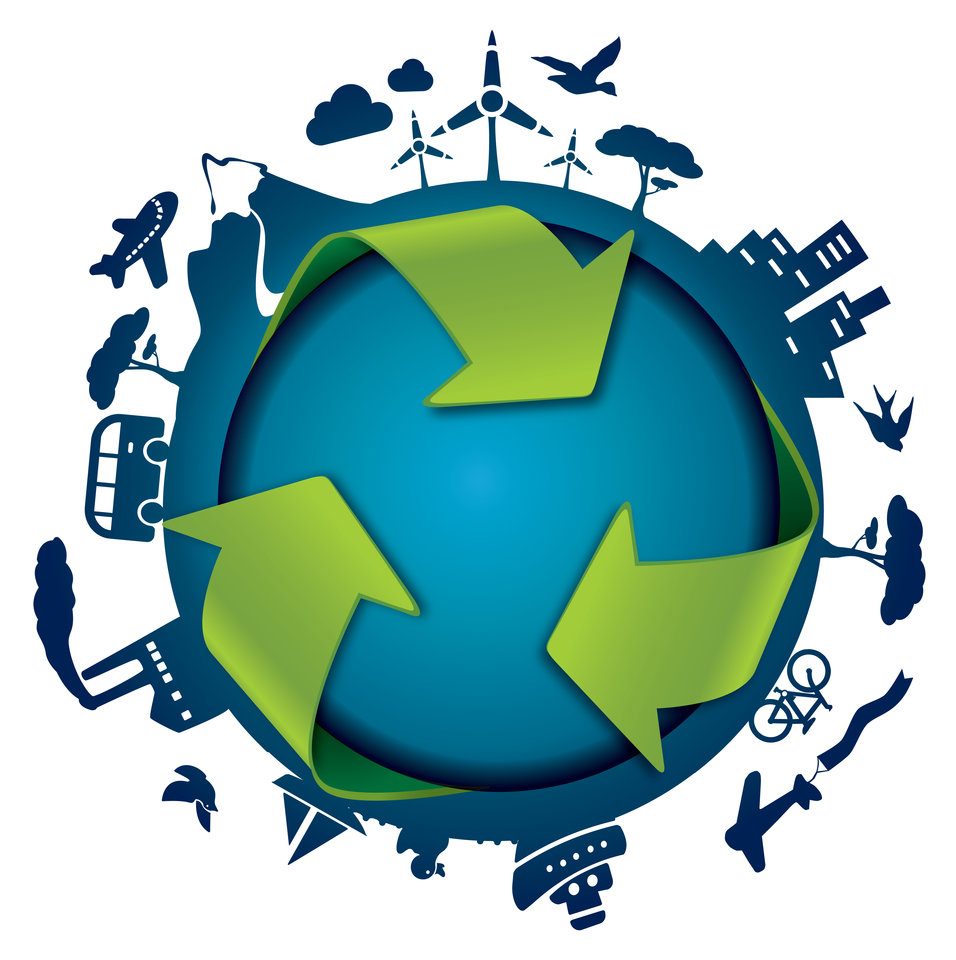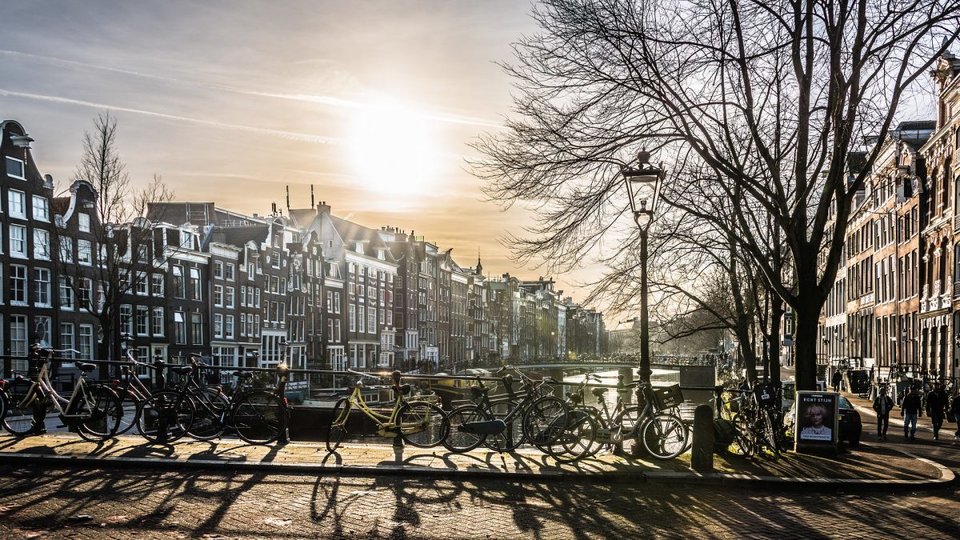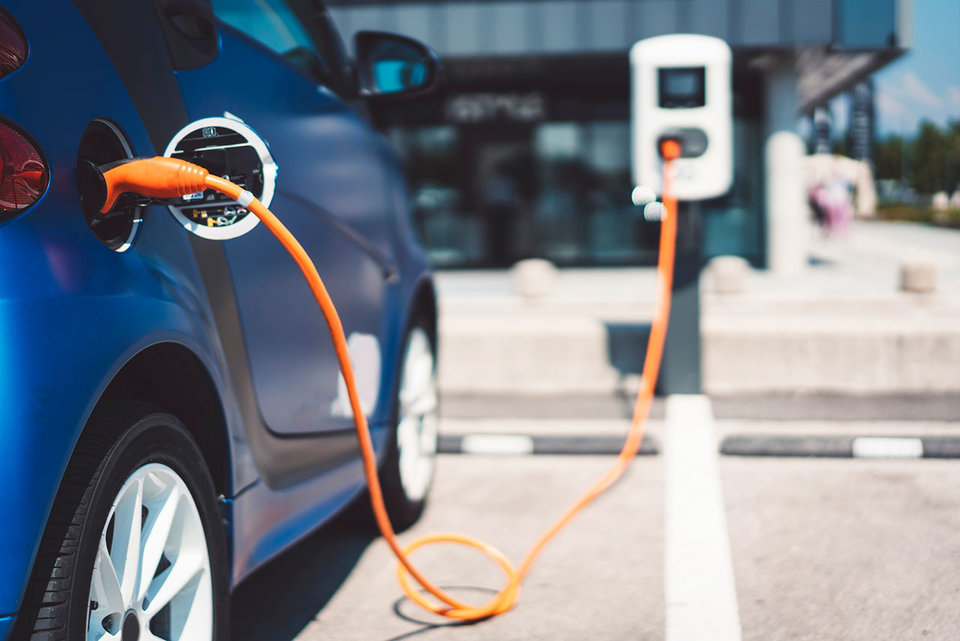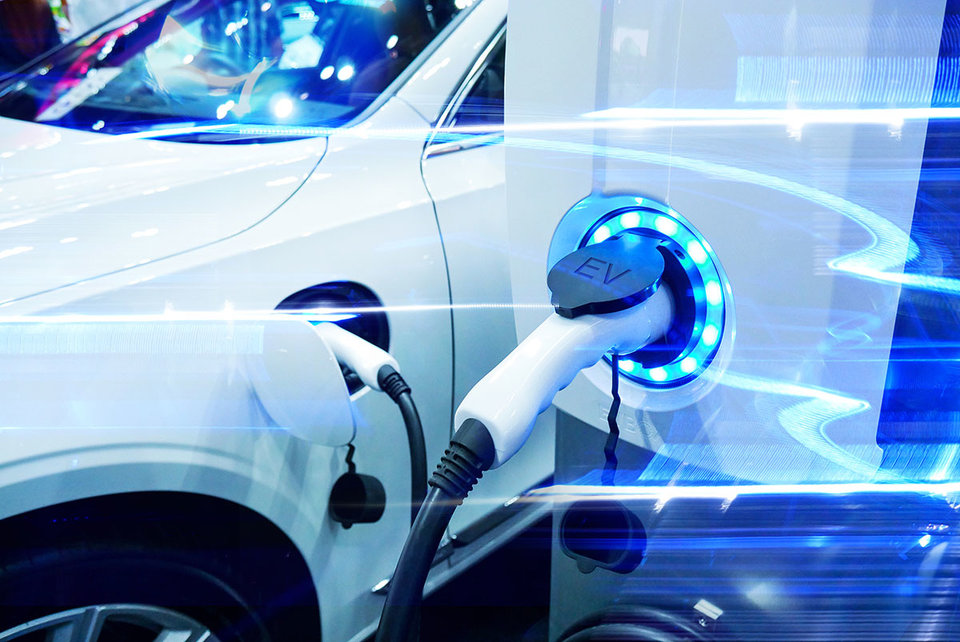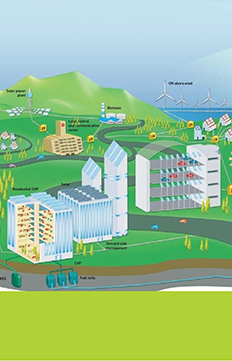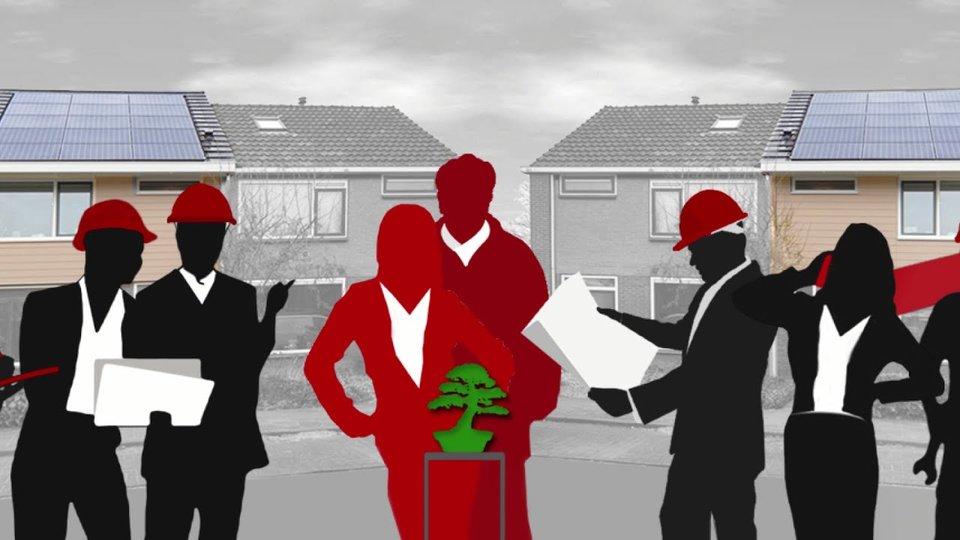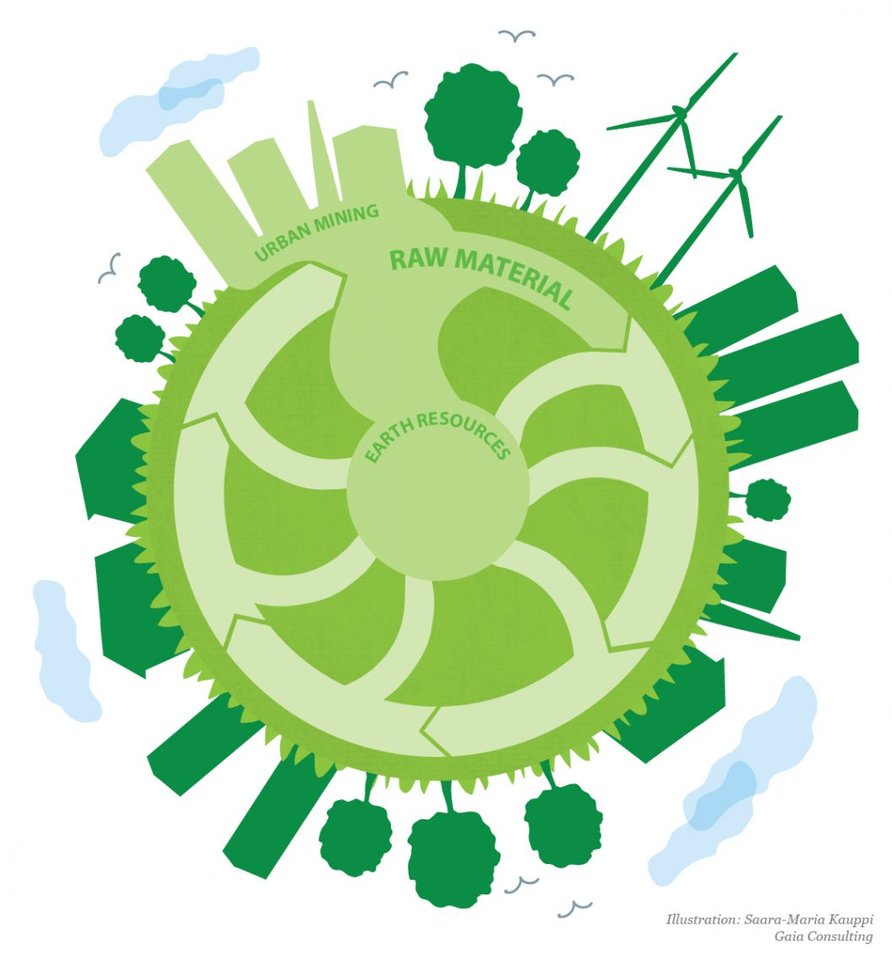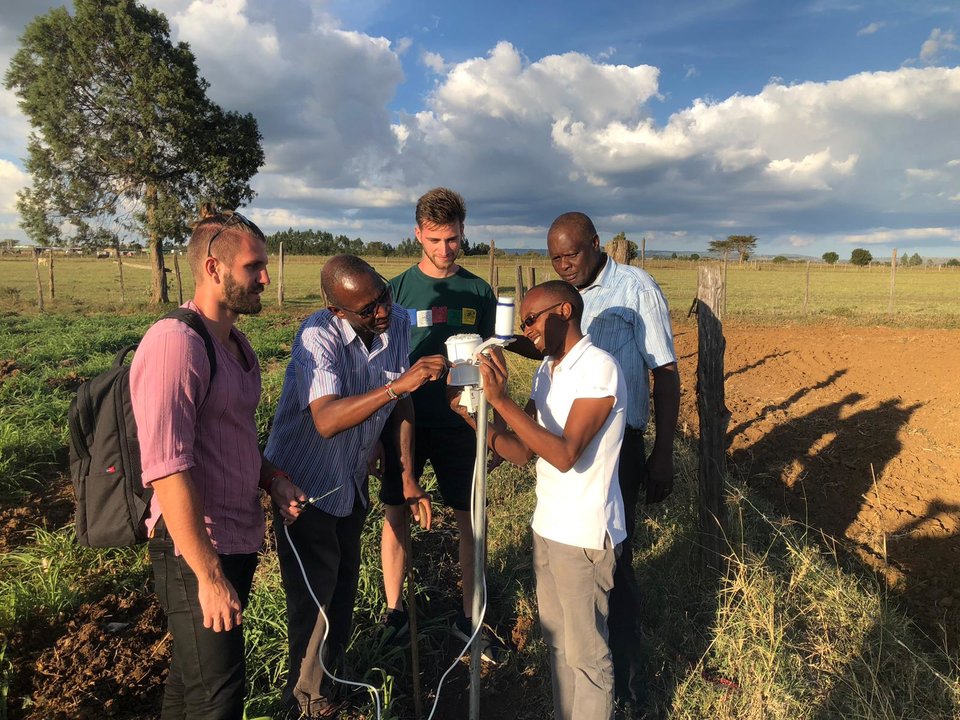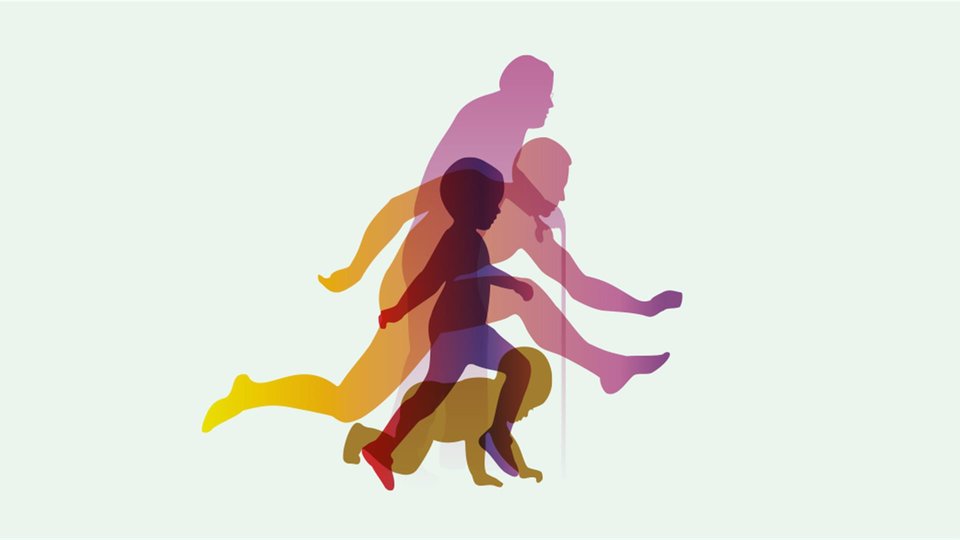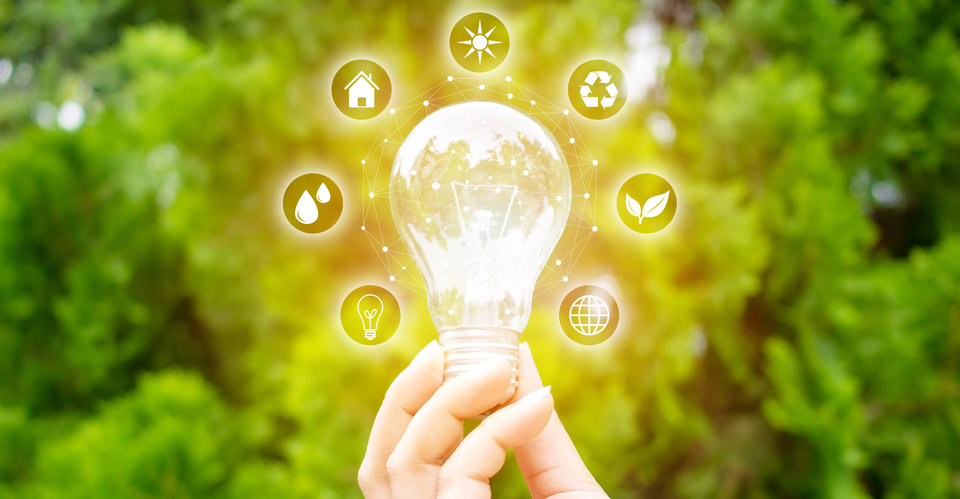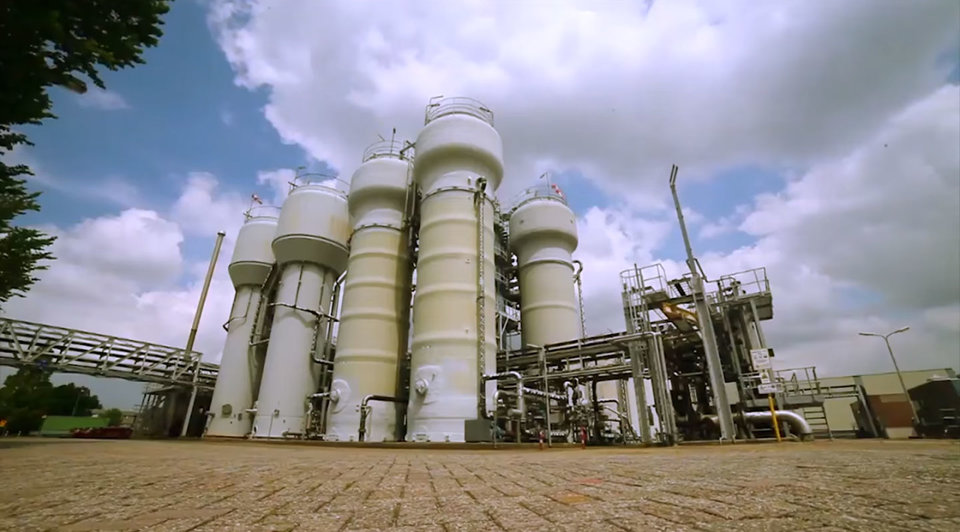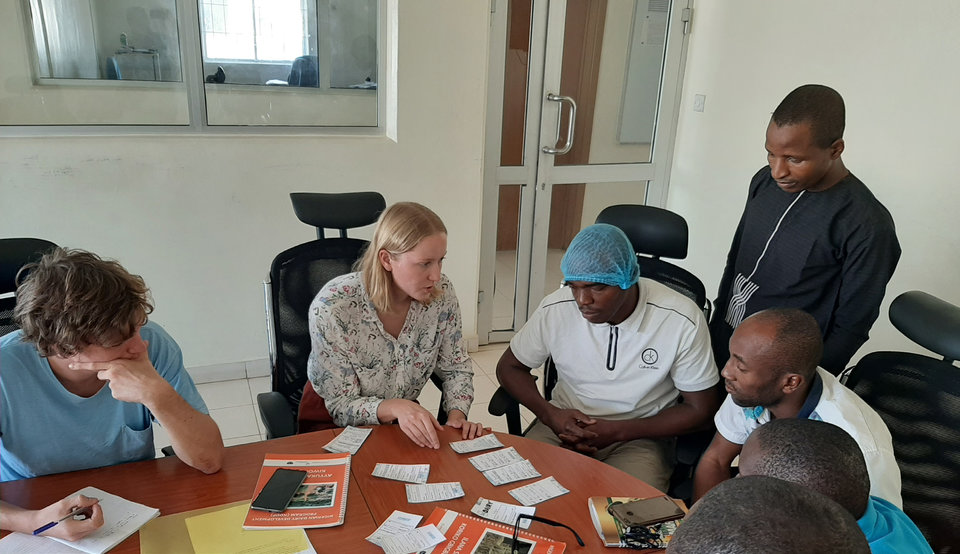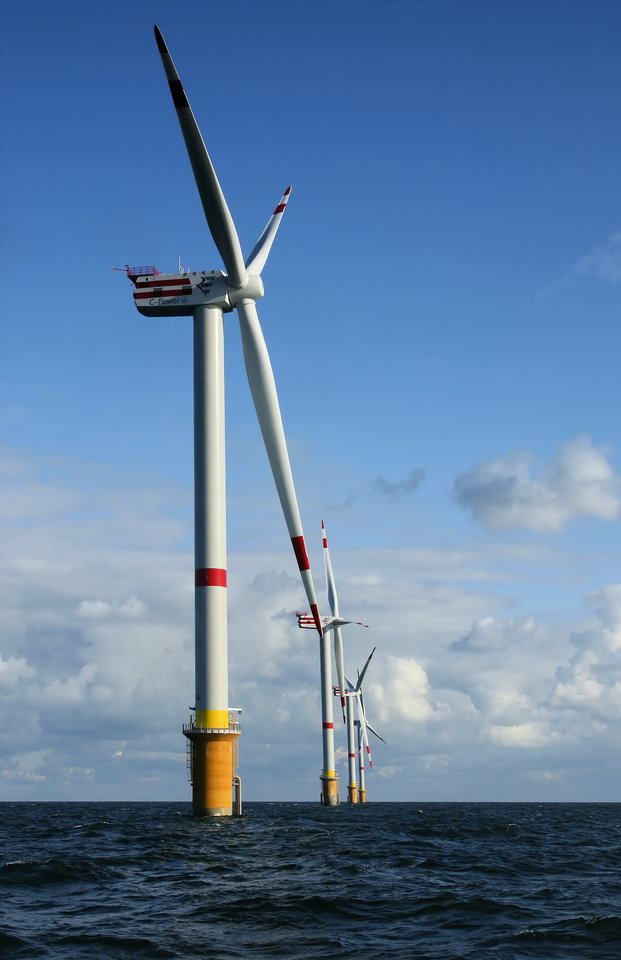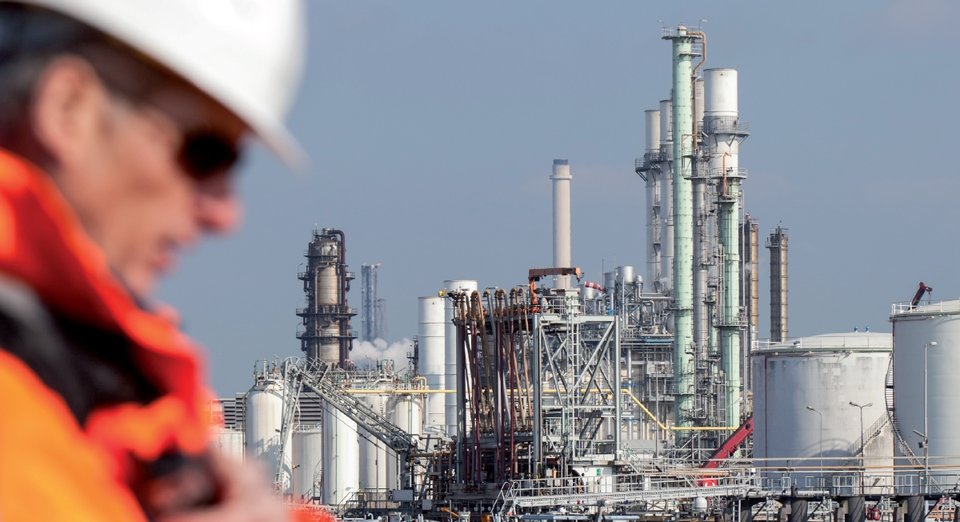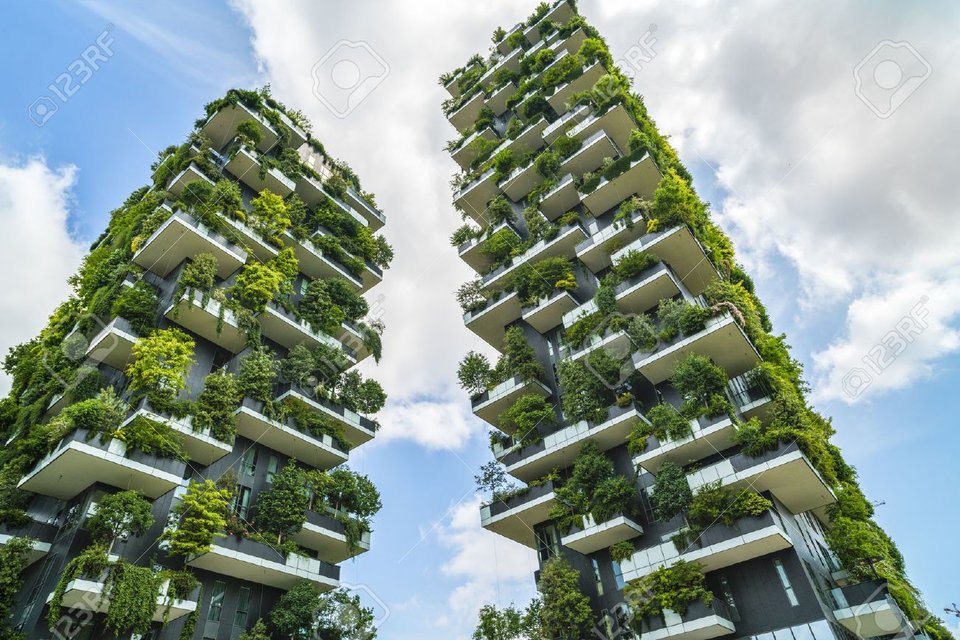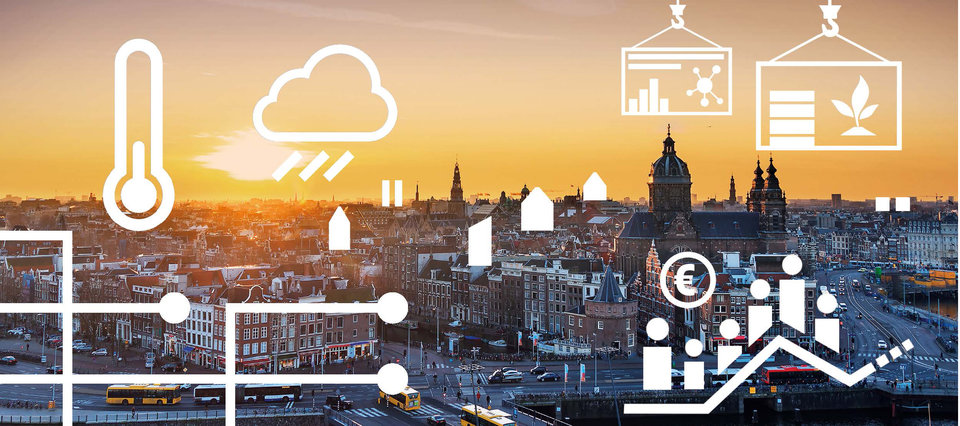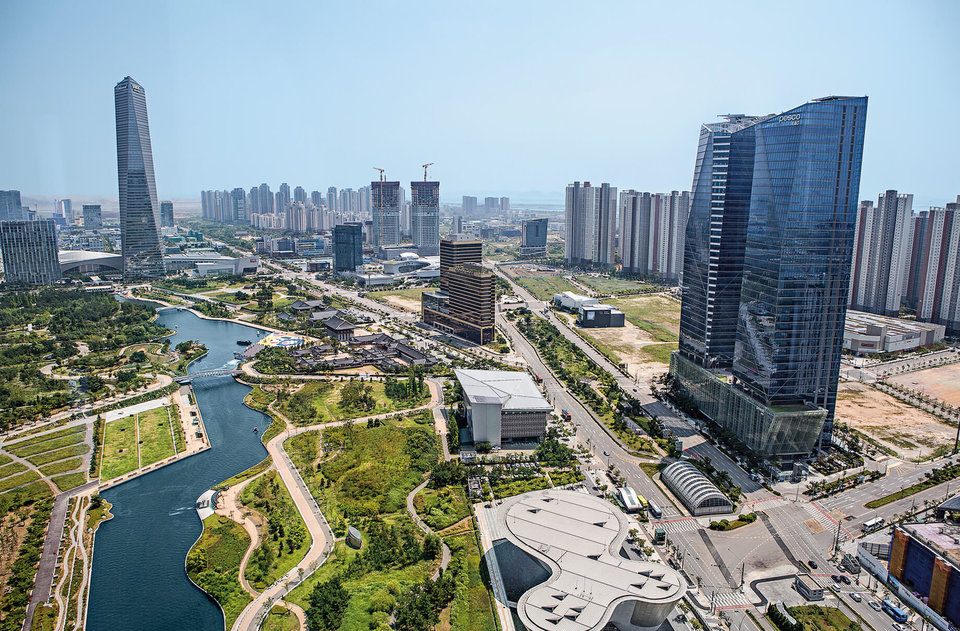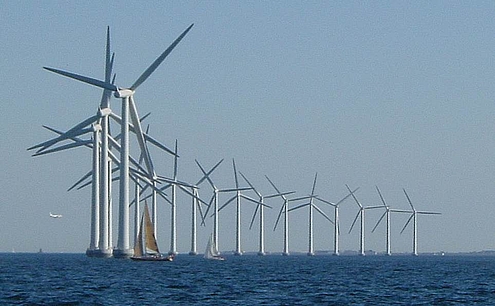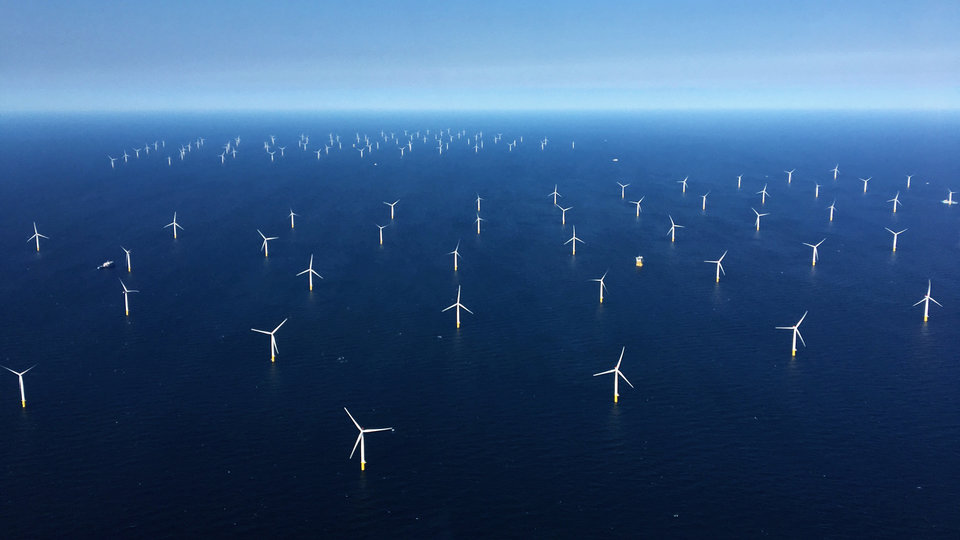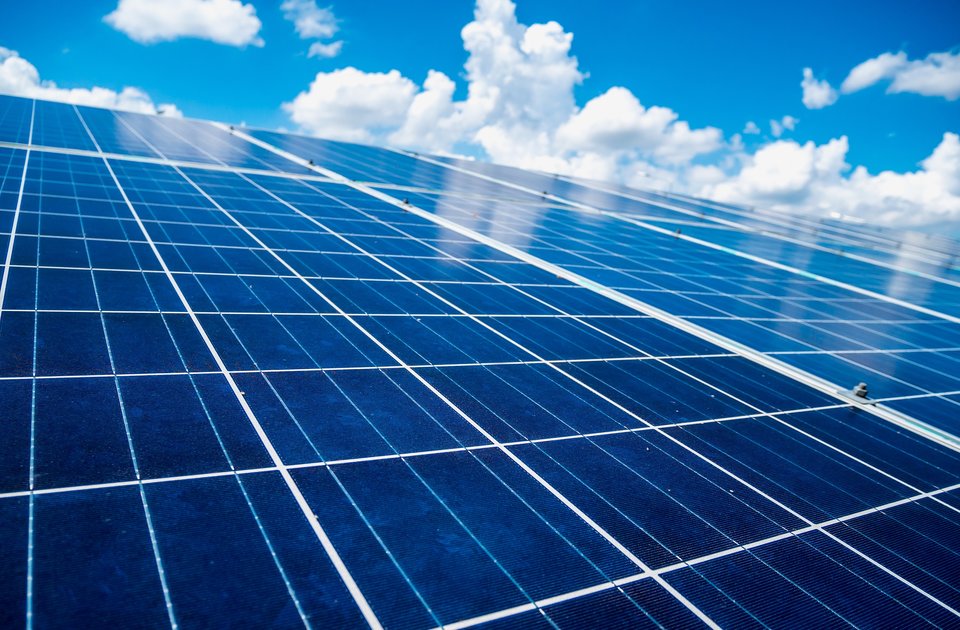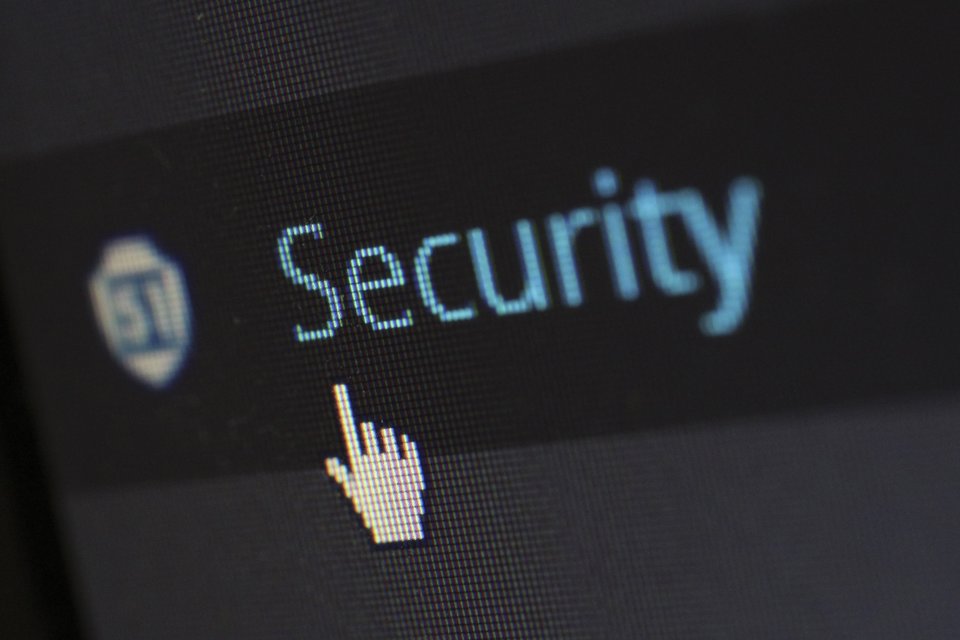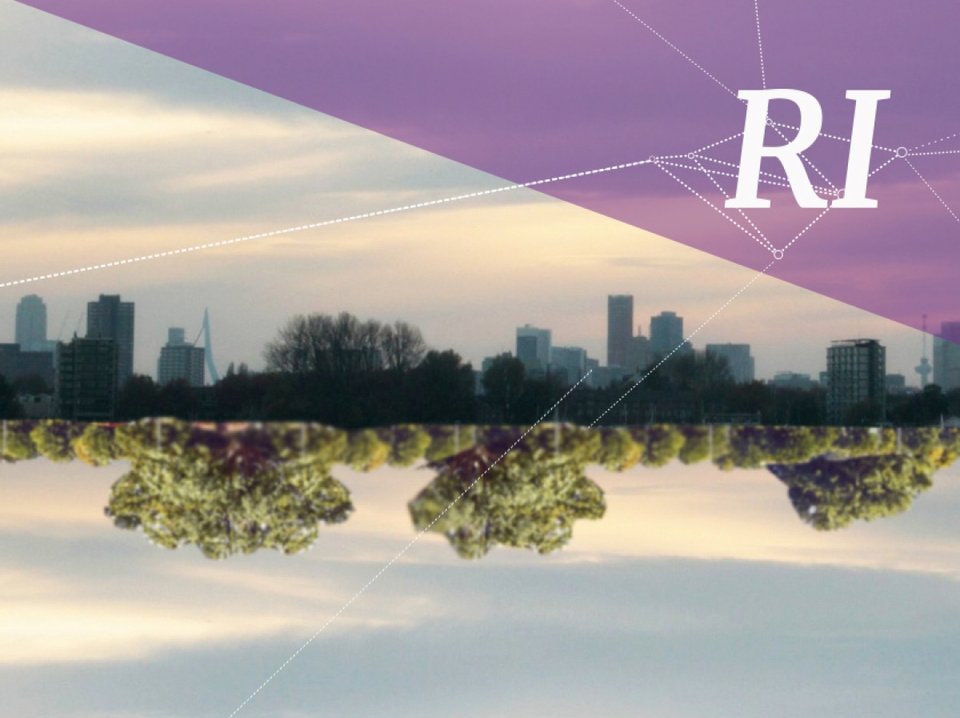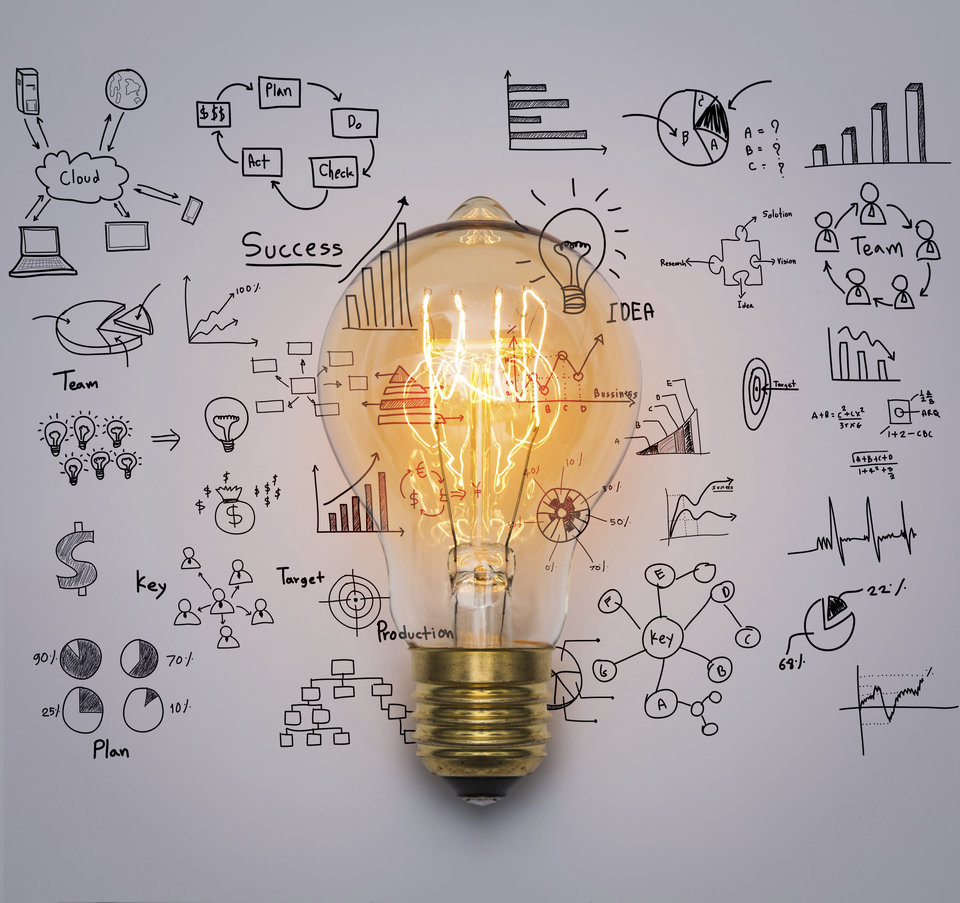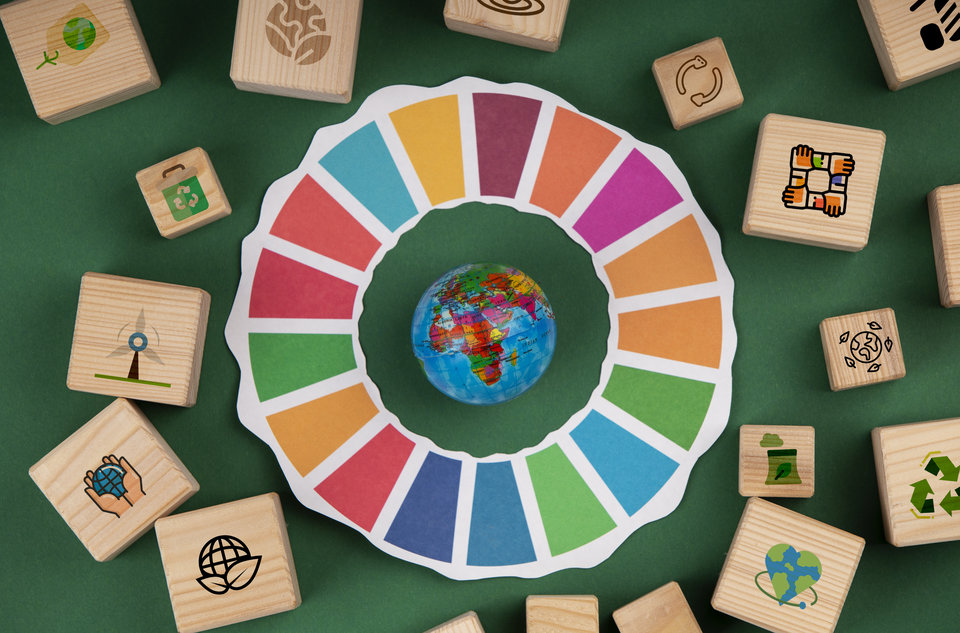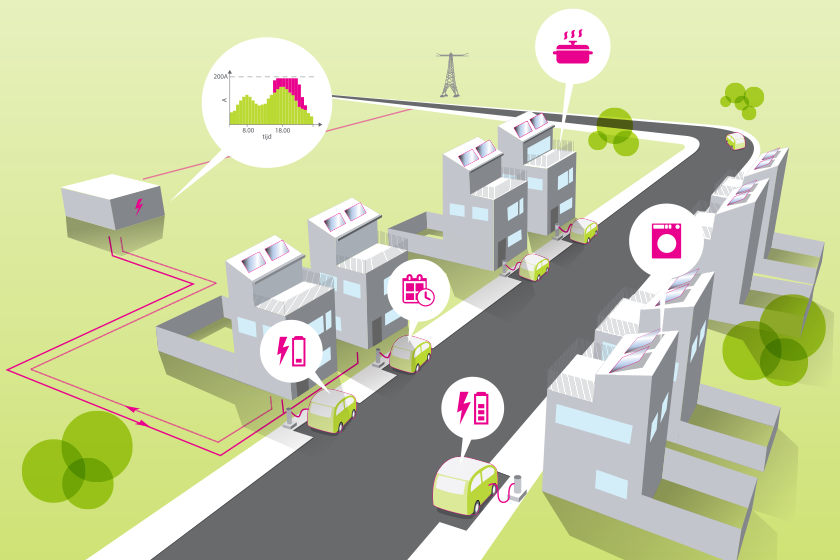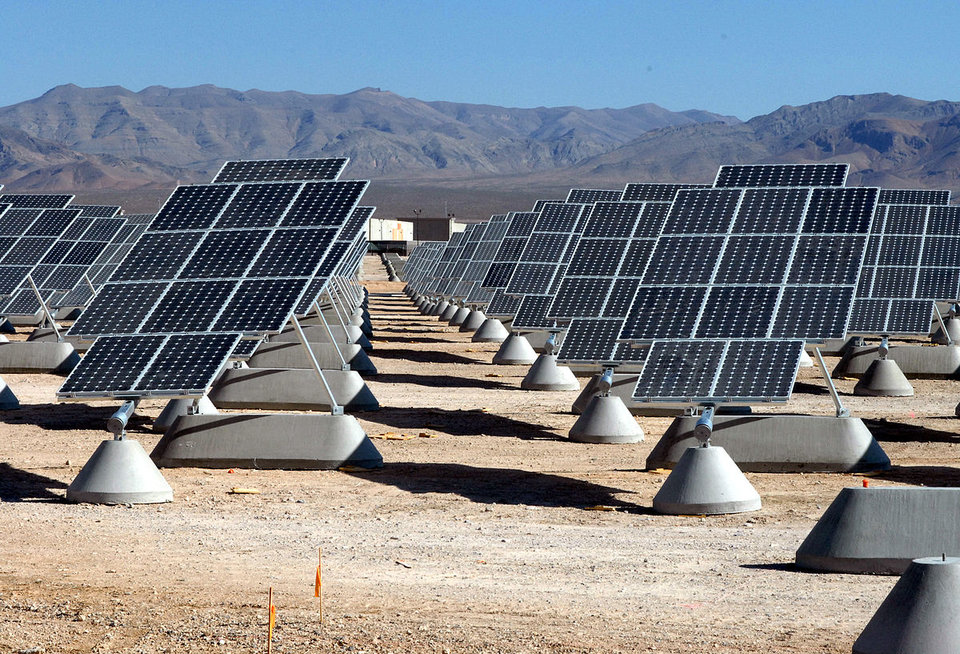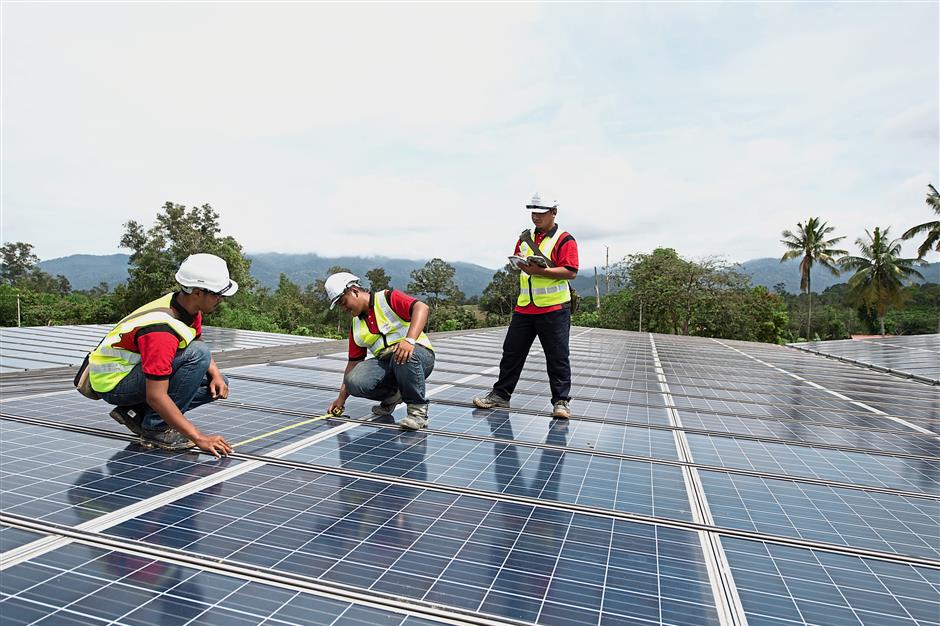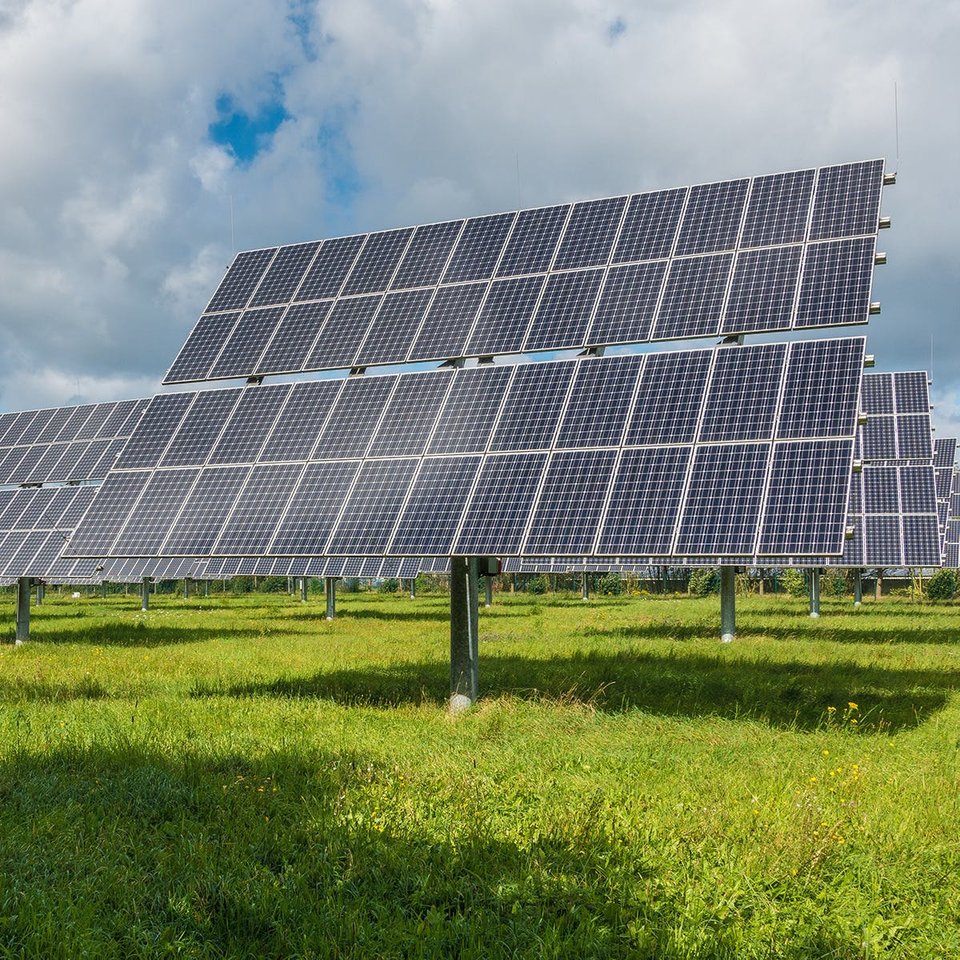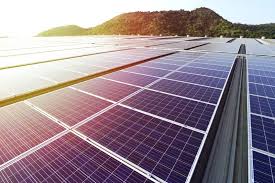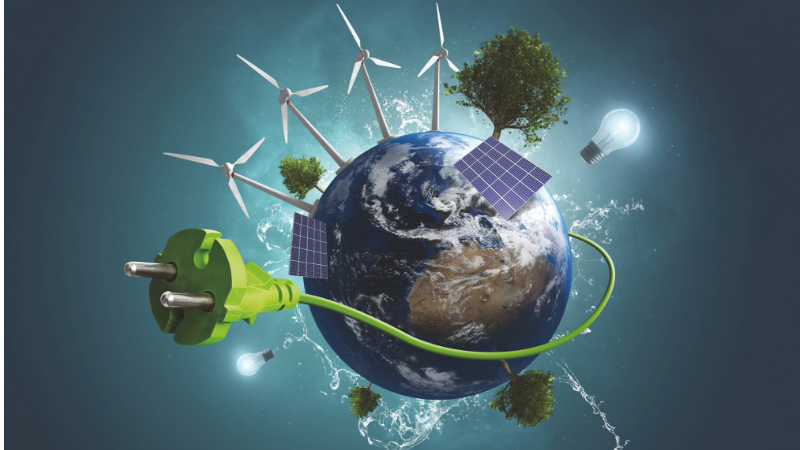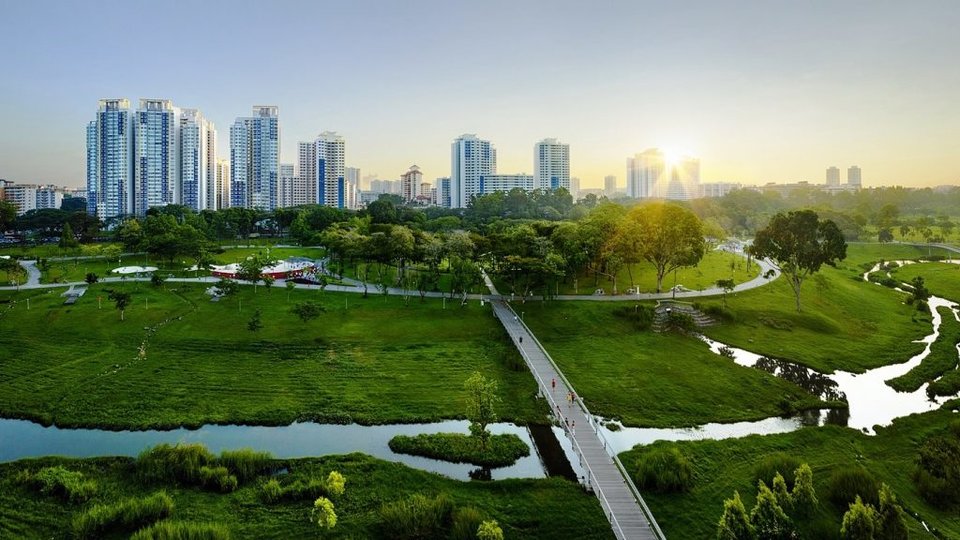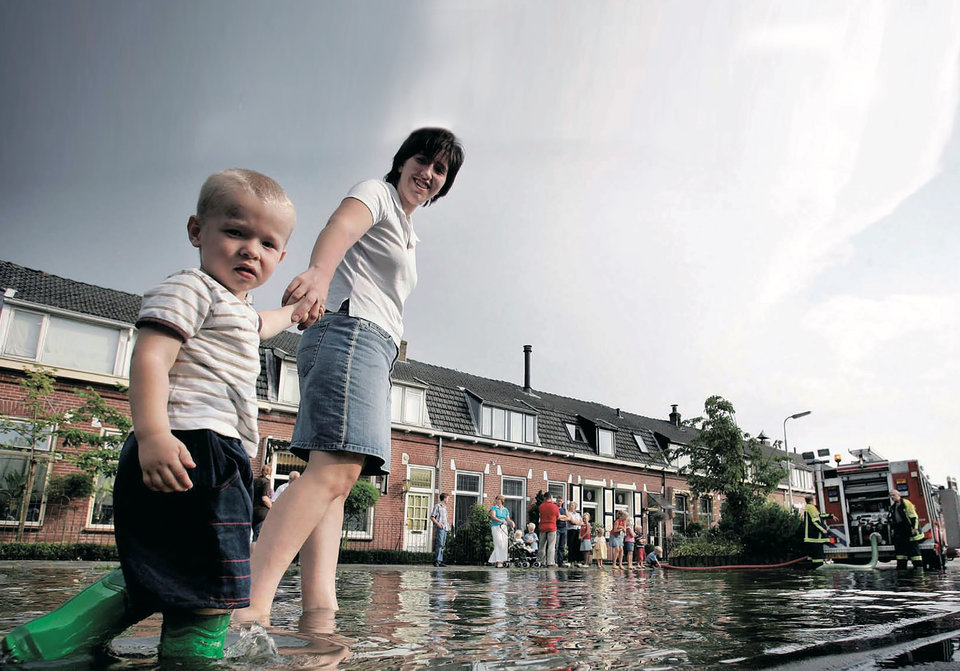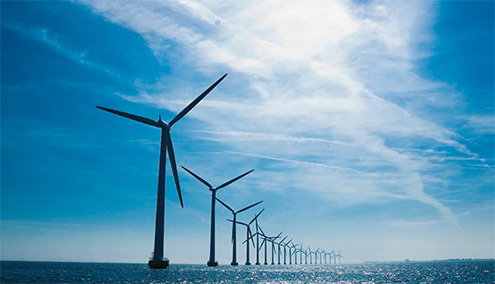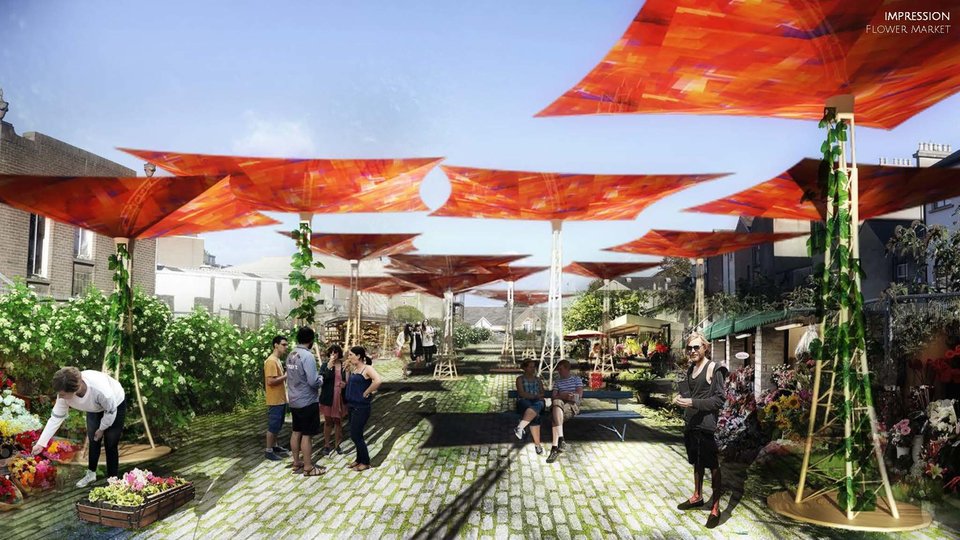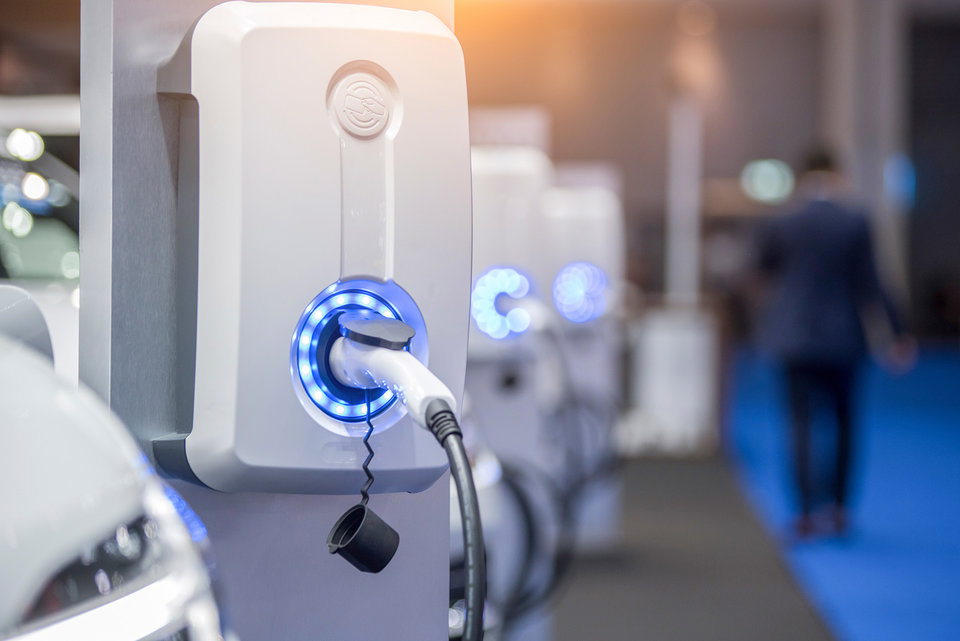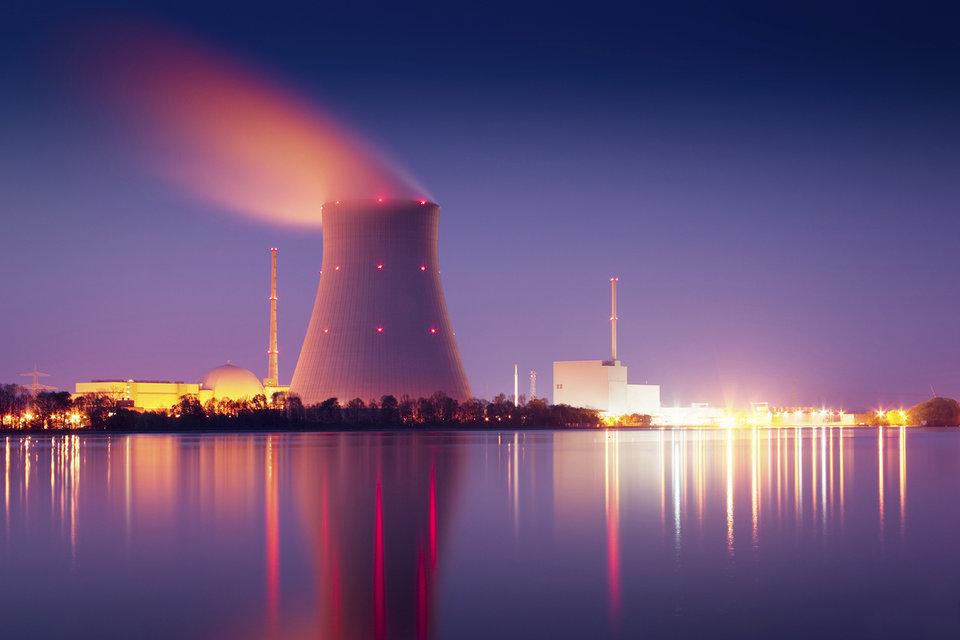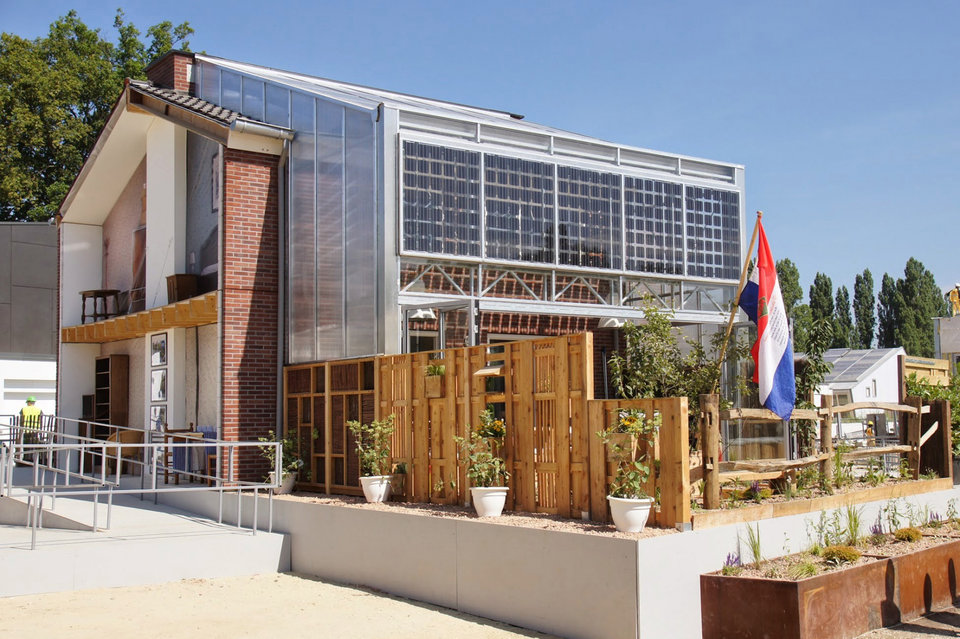TU Delft has the ambition to be carbon neutral, climate-adaptive and circular by 2030, with a focus on biodiversity and quality of life. At the same time, TU Delft is making the campus available as a testing ground for innovations in the field of sustainability. This will bring together the expertise of our engineers, designers, scientists and the public sectors. This page shows developments towards education for the engineer of the future.
Education for Sustainability develops knowledge, skills, ethical values, worldviews and sense of responsibility, which students need to act in ways that contribute to a sustainable world and sustainable lifestyles.
The engineer from Delft
Graduates are able to critically evaluate the impact of engineering solutions, in relation to sustainability as a whole. With skills and knowledge about implementing sustainability within the engineer's profession, they contribute to climate action. This is how the engineer of the future is educated.
The inventory of Sustainability in education
At the beginning of academic year 2022 - 2023, Monika Roeling, researcher Sustainability in Education, started the inventory of the topic of sustainability in education. Together with Hans Hellendoorn, Pro Vice Rector Joint Education Affairs, and Andy van den Dobbelsteen, Coordinator of Sustainability at TU Delft, Engineering for One Planet (EOP) was chosen as the framework for integrating sustainability into education at TU Delft in 2030. In collaboration with students from GreenTU and the GreenTeams of each faculty, more than 1800 courses from the 2022-2023 academic year's Study Guide were examined for sustainability keywords. Based on this research, the university is working towards sustainability in education in 2030.
The Engineering for One Planet framework
The Engineering for One Planet (EOP) framework is a tool for integrating the theme of Sustainability into education at TU Delft. The framework focuses on important and modern learning outcomes about Sustainability that every engineering student should have.
Monika Roeling, Hans Hellendoorn and Andy van den Dobbelsteen used the framework as the base for a model that fits TU Delft. This framework is a conceptual model that starts the conversation about Sustainability in Education. Based on discussion, the framework will be further developed for education at TU Delft. The framework aims to look at the current curriculum with a new perspective.
Working together for Sustainability in Education
To achieve sustainable education in 2030, several project, initiatives and events have been launched. There are already teachers who include the theme of Sustainability and climate change in teaching materials. Here are recent activities and projects.
Want to share a sustainable initiative? Contact sustainability@tudelft.nl.
The Green Thread
GreenTU is involved in making education more sustainable, within The Green Thread. This is an initiative of Lijst Bèta and GreenTU to help teachers develop sustainable teaching materials.
LEAF
LEAF (Learning Ecosystem: taking Action for the Future) promotes the broad integration of climate action education and transformative skills into undergraduate curricula. The uncertain future requires transformative engineers who understand complex problems, can cross boundaries and effect change in climate solutions. With LEAF, students learn in and with society. Students work in multidisciplinary teams on climate-related topics in society together with citizens, public and private partners.
TU Delft aims to embed a 10-week programme in all bachelor programmes. Here, the students authentically experience complexity through the pluralist involvement of researchers, private sector, public sector, MBO, HBO, citizens, and civil society. This structure provides students with a rich learning environment that enables transdisciplinary education and shows them how they can actually make an impact for a better society.
Climate Fresk
Employees and students who want to learn more about the climate transition can participate in the 'Climate Fresk', a workshop that uses a climate game. It is an interactive game in which you discover the causes and consequences of climate change and discuss possible measures. The game is compiled on the basis of IPCC reports. The Climate Fresk has the potential for rapid implementation of basic climate education. Already 65 staff and students have attended the workshop in 22 January.
Also follow the workshop or have any questions? Contact Local Sustainability Coordinator Irene Fernandez Villegas.
To know more about Climate Fresk, read more here.
Blue Engineering
TU Delft students can start the course 'Sustainability in Engineering'. This subject descends from TU Berlin's course 'Blue Engineering', which considers social and ecological crises and the relationships between technology, nature, the individual and society.
Students can register for this subject through the Study Guide.
The GreenDatabase
GreenTU has set up a database, the 'GreenDatabase', based on the inventory. This database contains sustainable courses at TU Delft. The inventory used keywords for the theme of Sustainability. Besides the keywords, the Sustainable Development Goals (SDGs) were also included within ChatGPT.
The Greendatabase is a starting point for the coming years. The Sustainability Project and GreenTU are open to feedback. Contact: sustainability@tudelft.nl.
MOOC
Besides the education provided on campus, TU Delft also offers 'Open & Online' education, MOOCs (Massives Open Online Courses). A MOOC on Climate and Sustainability provides students with basic information on the topic of Sustainability. This MOOC is in development.
Special Interest Group (SIG)
The Teaching Academy at TU Delft supports TU teachers in sharing their teaching expertise by facilitating Special Interest Groups (SIGs). Through this group, knowledge and experience is shared in the field of education. Lecturers are welcome to join the SIG throughout the year.

